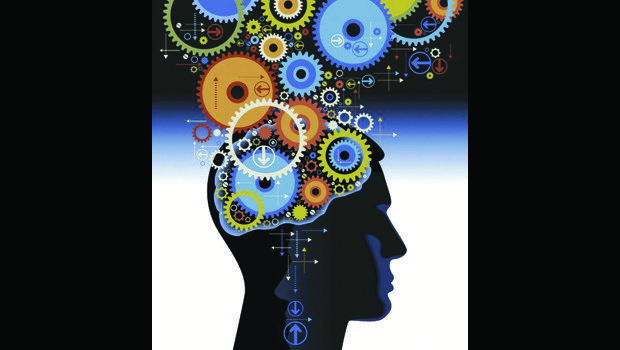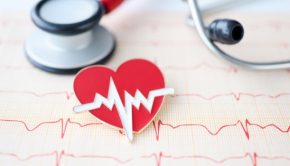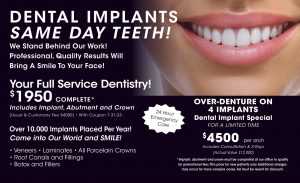Dementia Can Be Avoided with Proper Care
by Doug Pucci
The worldwide prevalence of dementia has been estimated at 24 million, and this figure is predicted to double every 20 years at least until 2040 as the baby boom generation matures. Antidepressants are now the second most commonly prescribed medication in the country, suggesting that caring for the brain is as important as caring for the heart. More common than Alzheimer’s, which affects fewer than one in eight people over the age of 65, anxiety disorders, learning disabilities and depression are more prevalent today than ever before. Moreover, the symptoms of poor brain health such as sleep disorders, brain fog, moodiness, poor concentration and falling over for no reason have become commonplace.
We all experience a certain amount of ongoing brain decline as a natural result of living life. “Aging” is the commonly used term for this; not surprisingly, growing older is the number one risk factor for brain decline. We all have known an octogenarian that is sharp as a tack. Equally, we have known someone, a relative perhaps, that develops dementia way before his or her “time”. Alongside the dietary and lifestyle triggers that create poor brain function, previous head injuries, subtle brain autoimmunity, poor circulation and other factors unrelated to diet can also cause the brain to fail and degenerate quickly.
We know that genetic and environmental factors play an important role in brain aging and brain function. Several risk factors are the same, regardless of age and include altered methylation, hepatic detoxification, gastrointestinal permeability, poor cerebral circulation, dysglycemia, environmental pollutant exposure, essential fatty acid imbalances, impaired neurotransmitter synaptic activity and prior medication use.
Doctors taking better care of their patients’ brains because brain care is not part of the common health care paradigm in either a conventional or alternative model. While we have long investigated a theory of the mind, we have also confused the two. The brain is not the mind, and only recently have we begun thinking of the brain as an organ like the heart, that should be exercised, fed and properly used. In both branches, health care seems to be a “neck down” practice, even though the brain can be incredibly fragile and the organ most susceptible to health imbalances caused by poor diet, environmental exposure and chronic stress.
For example, a man with chronic joint pain and workplace stress may find that ongoing inflammation and reduced dopamine levels are causing short temper, poor motivation and feelings of worthlessness. Likewise a woman with hormonal imbalances may find her estrogen drops too low before her periods, causing serotonin dysregulation and consequently, irritability and depression. In other words, the brain is literally crying out for help. For the majority of people, brain nutrition, stress (in the form of cortisol) and blood sugar imbalances must be addressed first. To age gracefully, or even to age well at all, we must learn to take care of our brain as we would any other part of our body.
Dr. Doug Pucci, DC, DPSc, DAAIM, is a licensed member of the Pastoral Medical Association, a doctor of chiropractic medicine and holds certificate status from the American Functional Neurology Institute and is a diplomate of the American Association of Integrative Medicine. For more information, call 201-261-5430, or visit GetWell-Now.com.





























